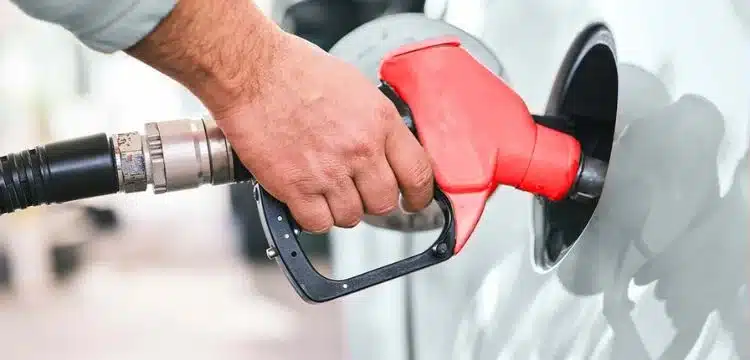[vc_row][vc_column][vc_column_text dp_text_size=”size-4″]
ISLAMABAD – The interim government is poised to implement a potential increase in petrol and diesel prices for the first half of February 2024, responding to fluctuations in global oil prices and currency dynamics.
Local reports suggest that the caretaker administration is contemplating raising petrol and diesel prices by up to Rs7 per litre in the upcoming fortnightly review. As the nation approaches elections, citizens are bracing for a potential surge in fuel prices, marking the first increase since November 2023.
Read more: Petrol Prices Drops In Pakistan For Upcoming Two Weeks
Sources indicate that the interim government is considering a substantial hike in petrol prices, with the move linked to the global market’s price escalation amid regional tensions and the Gaza war.
In the most recent fortnightly review, the Pakistani government opted to reduce petrol prices by Rs8 per litre while maintaining the high-speed diesel price for the second half of January 2024 to pass on relief to consumers. Presently, petrol is being sold at Rs259.34 per litre, and the diesel price stands at Rs276.21 per litre.
The international oil market has witnessed a surge in prices amid regional tensions, with crude oil climbing from $76 to $80 per barrel. These market dynamics contribute to the caretaker government’s considerations regarding adjusting domestic fuel prices.
As global geopolitical tensions and conflicts impact oil prices, the interim government faces the challenge of balancing the interests of consumers while responding to international market trends. The upcoming decision on fuel prices for February 2024 will likely influence the economic landscape and public sentiment as the nation navigates through a crucial period, leading up to the elections.
The linkage between global events, regional tensions, and fuel pricing decisions underscores the intricacies involved in managing a critical aspect of the economy. Citizens and businesses alike closely monitor these developments, as fuel prices have far-reaching implications for various sectors, including transportation, manufacturing, and overall cost of living.
In conclusion, the imminent adjustment in petrol and diesel prices by the caretaker government reflects the complex interplay of international market dynamics and regional events. As Pakistan approaches a significant electoral milestone, the decision on fuel prices will carry economic and political implications, shaping the narrative for the upcoming months.
[/vc_column_text][/vc_column][/vc_row]











